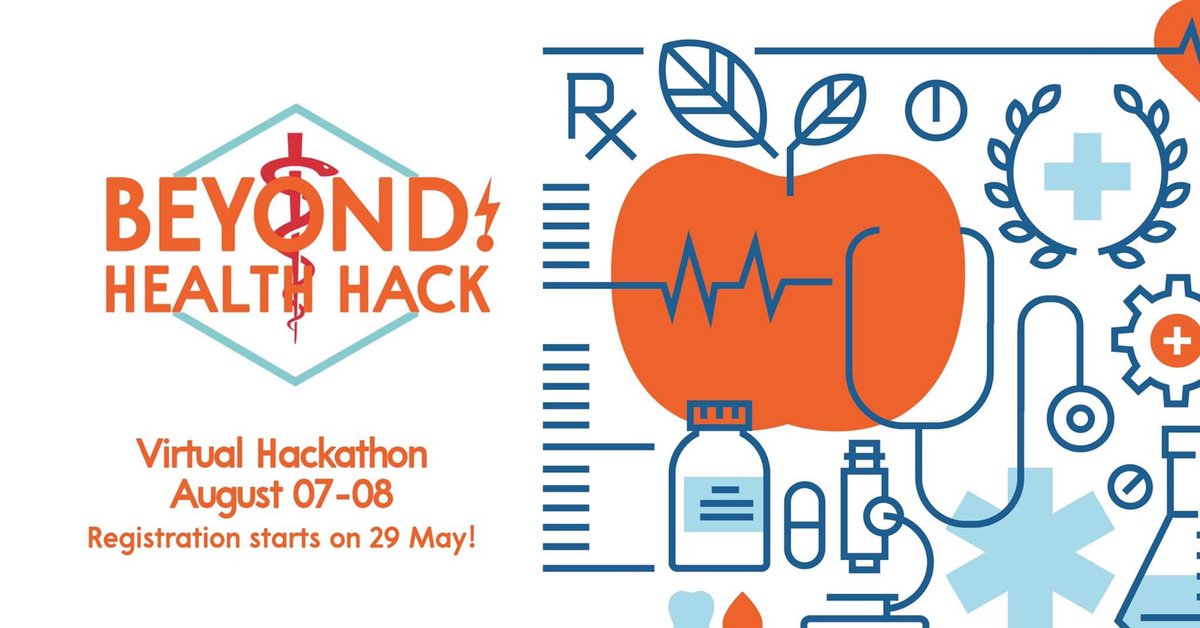
In collaboration with the International Pharmaceutical Students’ Federation’s (IPSF) and the International Federation of Medical Students’ Associations (IFMSA), “Beyond! Health Hack” will bring pharmaceutical and medical students together from more than 18 countries on to an online platform on 7th and 8th August 2020 to involve in a series of discussions at ‘real-world challenges’ that stand in the way of influenza vaccine uptake. The event is supported by Sanofi.
Over the course of two days, student teams can brainstorm unique solutions at the individual levels such as social media campaigns and even system-level changes in healthcare administration. At present, there are many challenges in the way of implemented vaccine uptake. “Beyond! Health Hack” brings in brightest minds together to workshop innovative approaches to influenza vaccine uptake. The idea is to encourage future healthcare professionals to play a significant role in preventing influenza. The competition lays the platform for innovative minds to explore the opportunity and to accept the online challenge to propose the ideas favourable to prevent future waves of influenza. The window is open now for universities and student teams to REGISTER for the competition.
The event with its robust gated platform is expected to provide meaningful interactions and networking opportunities. The hackathon will be an immersive virtual experience, offering students the opportunity to collaborate, ideate, solve real problems while being mentored by experts from the fields of infectious diseases, vaccines, public health and life sciences. Each winning team member will be awarded a professional training opportunity to master presentation and negotiation skills to effectively succeed in their careers.
Each year, 3 to 5 million cases of severe flu are reported worldwide. All around APAC influenza is disrupting life and economies. There are four main types of flu viruses with multiple sub-types that can infect people. Each season it’s difficult to predict exactly which subtypes of the viruses will dominate, their severity, and the overall impact on public health. Immediately following a flu infection, the risk of heart attack is elevated six times and that of pneumonia by up to 100-fold. People with diabetes are 3 to 6 times more likely to be hospitalised due to influenza because the flu can make it harder to control blood sugar.
Influenza accounts for a significant part of the annual economic burden of vaccine-preventable diseases across Asia. The World Health Organization urges member states to reach a minimum 75% influenza vaccine coverage among high-risk groups – including people aged 65 and more, pregnant women, people living with diabetes, asthma, chronic heart and lung diseases, children aged 6 months to 5 years, and healthcare workers to protect them against flu infection and related complications during the current COVID-19 pandemic. The US Centers for Disease Control and Prevention (CDC) recommends that everyone 6 months old and older should get an influenza vaccine every season. In the new 2019-2030 Global Influenza Strategy, the WHO recognises the value of flu prevention in the fight against other global health threats, including non-communicable diseases and antibiotic resistance. Annual influenza vaccination is the most effective way to protect against flu infection and its complications.
Follow the links for more updates:.




